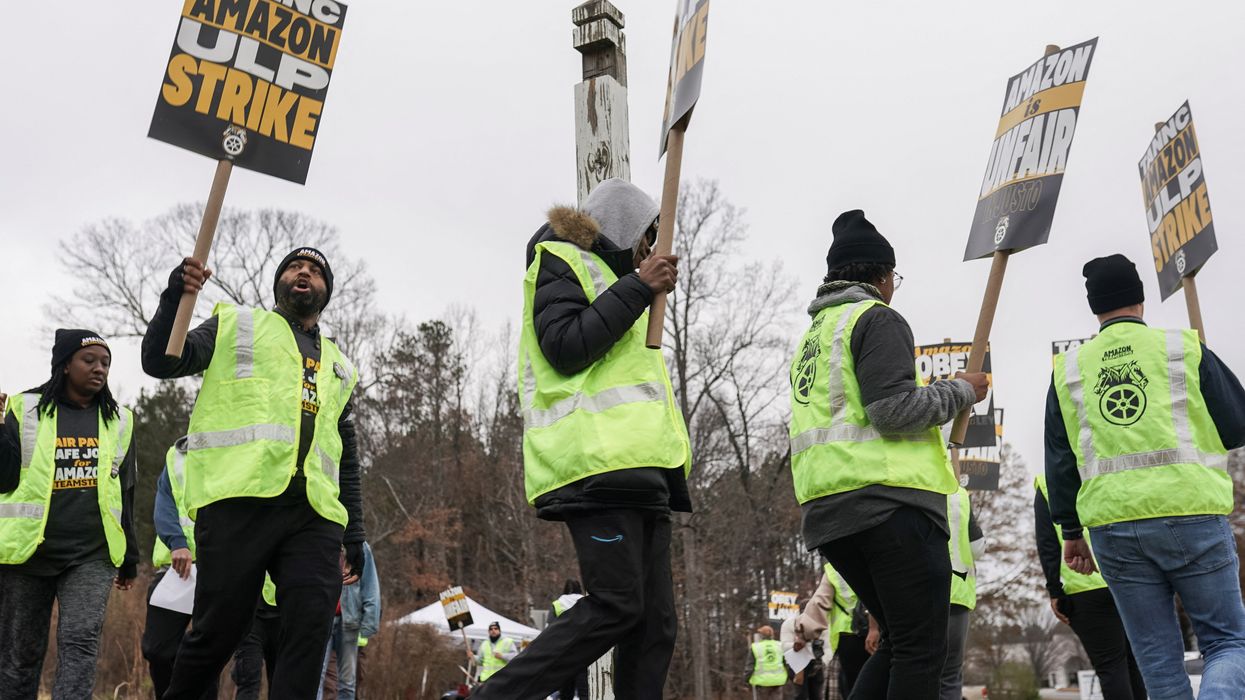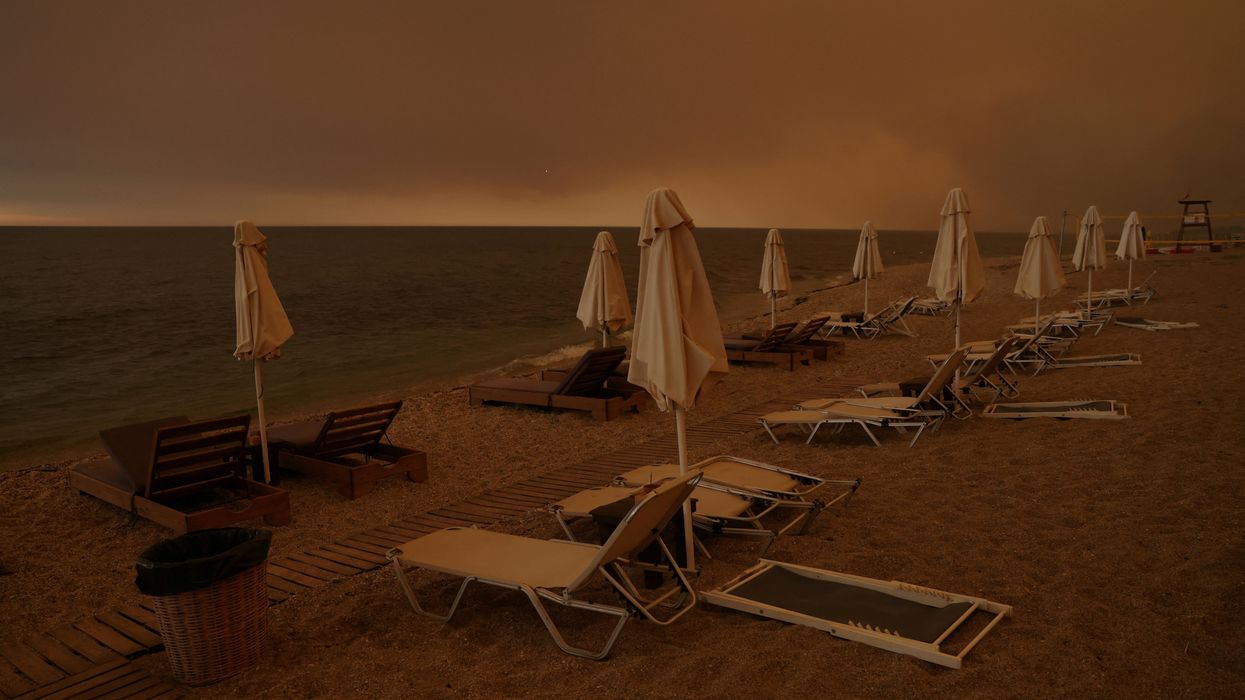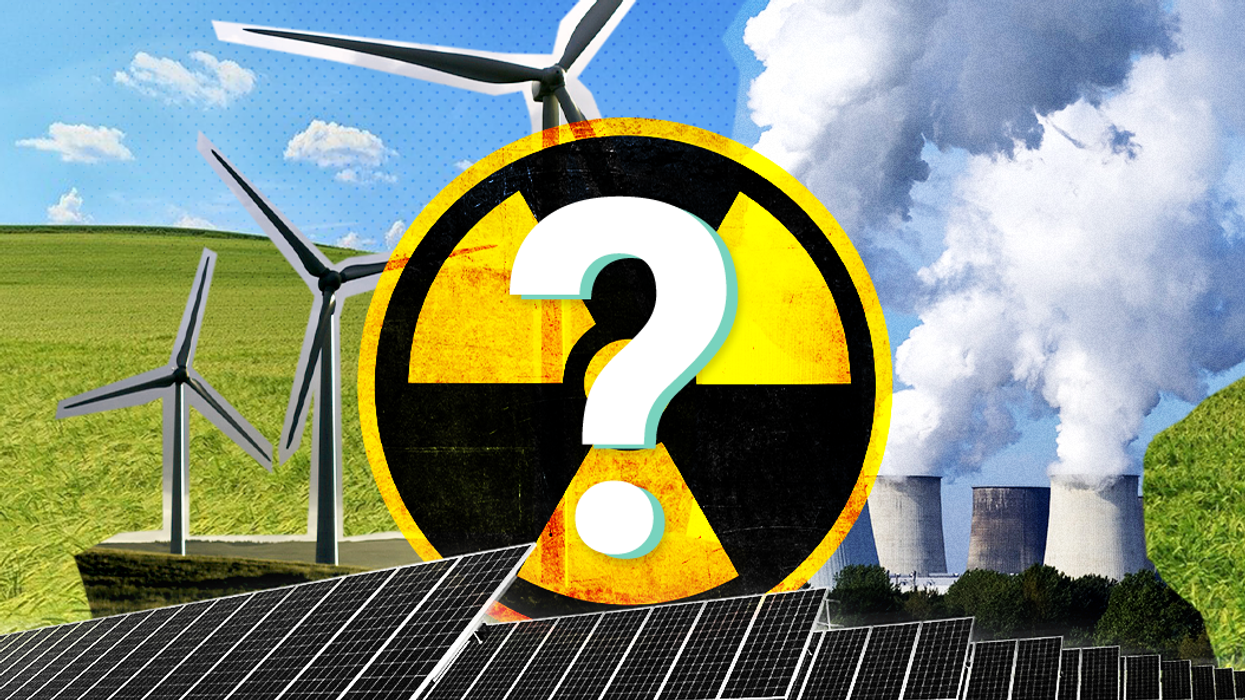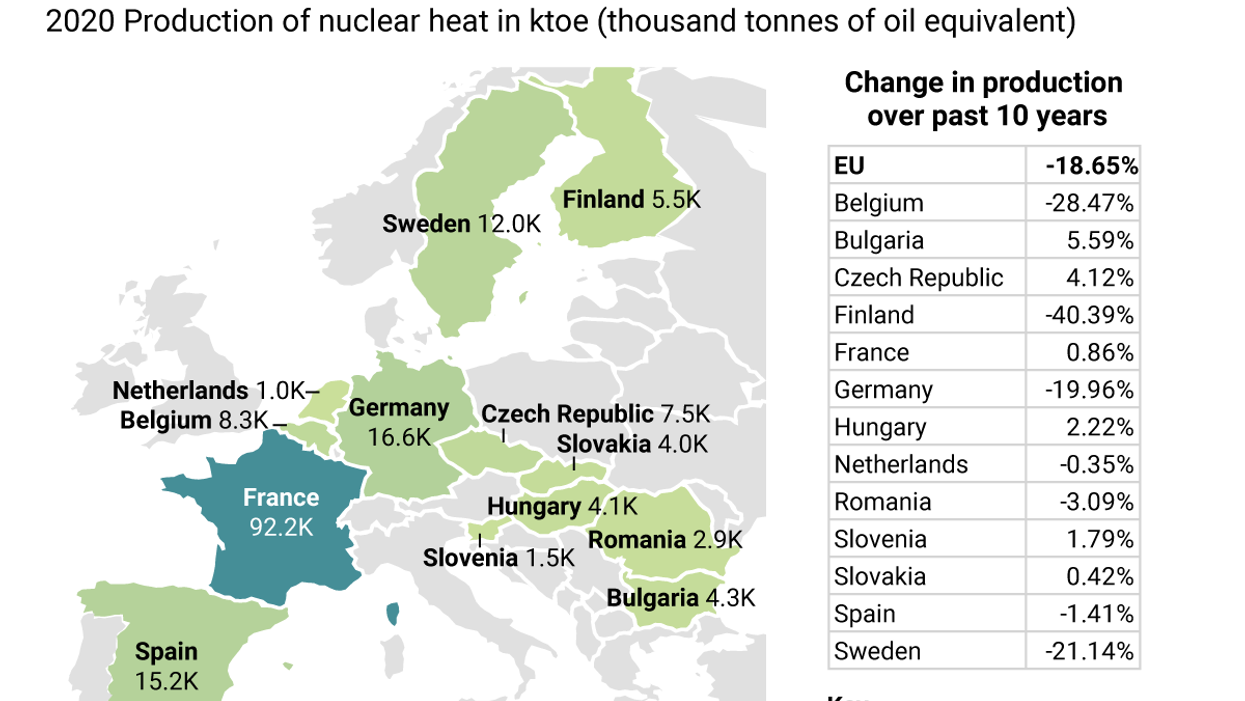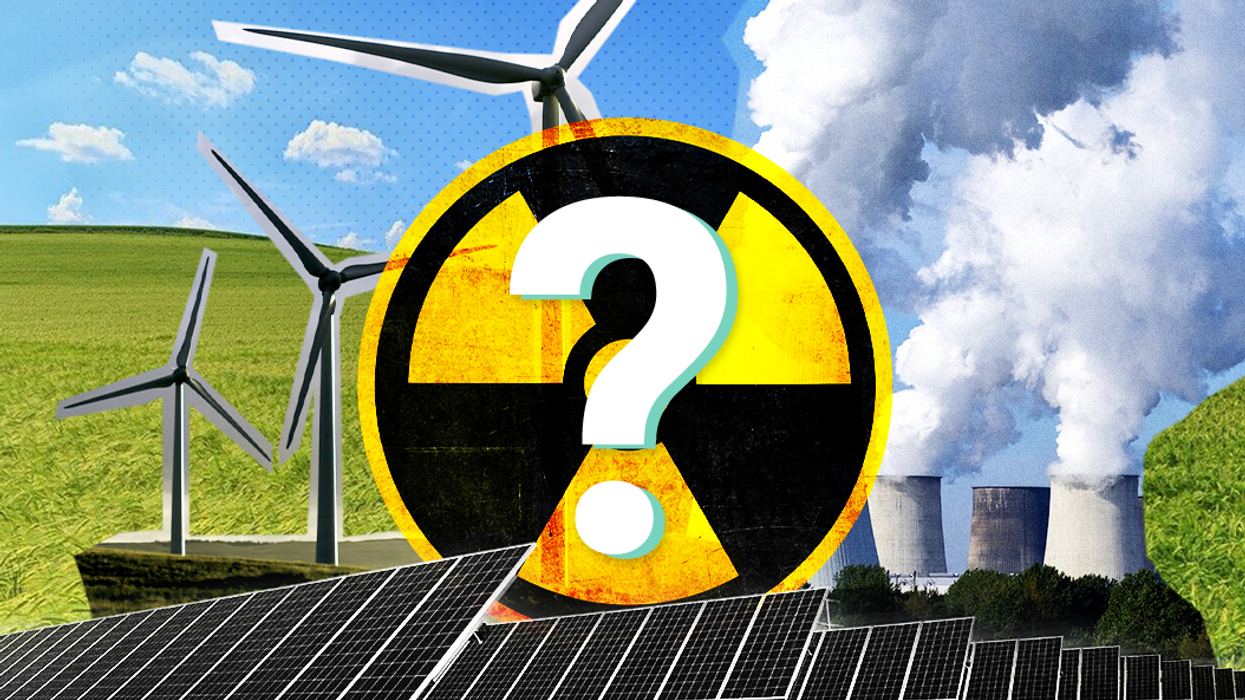Hard Numbers
Hard Numbers: Strikes hit Amazon, Japanese city to put trash violators on blast, North Korean troops get clobbered in Kursk, bad air shuts down Bosnian capital, Cuba’s tourism collapse continues
7: Thousands of members of the International Brotherhood of Teamsters went on strike at seven Amazon facilities in the US on Thursday, demanding better working conditions.
Dec 19, 2024
